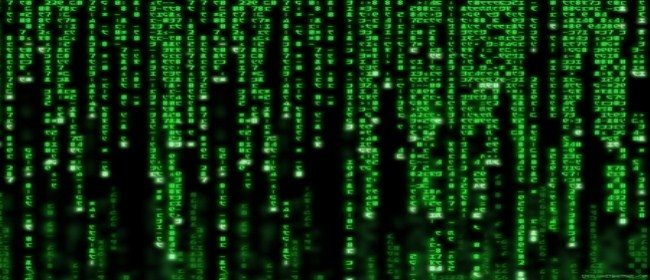A hotline between the United States and Russia designed to defuse misunderstandings that could trigger a nuclear conflict will likely expand to cover the potential risk of a cyber war, The Washington Post reported Friday.
Under a proposal being negotiated with Moscow, the digital sphere would be added to topics covered by the Washington-Moscow hotline, the Post wrote, citing US officials.
The hotline’s official name is the Nuclear Risk Reduction Center, which was set up in 1988 under president Ronald Reagan to allow Washington and Moscow to inform each other of missile tests or rocket launches that could be mistaken as hostile acts.
An agreement making the change could be ready within several weeks, the Post said.
The Pentagon declined to comment about the report when asked by AFP.
The proposal underscores the increasing importance of digital threats for government and military policy makers, with US officials issuing warnings that a cyber attack could paralyze water, power or other vital services.
The accord would mark the first time the United States and another government have sought to formally commit to reduce the danger of a cyber war, as part of an effort to render the digital realm “more stable,” the paper said.
US intelligence agencies have pointed to Russia and China as the source of the most aggressive cyber espionage and hacking.
The famous “red phone,” allowing for crisis communications between US and Russian heads of state, dates back decades and is not part of the Nuclear Reduction Center created under Reagan’s presidency.










